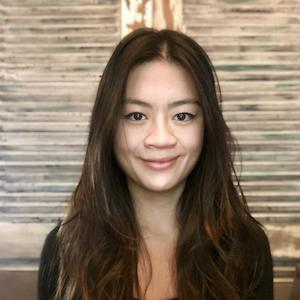Mundane Fantasies: Vessel No. 167

- Coco Tin, B.Arch. 2019
Hometown
Hong KongClass
ARCH 5116 The Citizen BodyInstructor
Amanda Williams
Visiting Critic Jonathan Stitelman
Mundane: Venice, Queen of Seas, does not exist without the gondola, but also the working boats of the city — vaporettos, waste collection vessels, produce barges . . . Every day between 6 a.m. and 8 a.m., the Sinking City is tended to by waste collectors. In this prosaic ritual, garbage mounds dumped onto campos are quietly transferred, by foot, into waste collection trolleys and onto barges destined to the mainland. If one remembers the campos' original dedication to agriculture, present-day dependency on the mainland for the import of produce and processing of waste becomes ironic. Campos, historically a place of life and exchange, is now devoid of interactions, reserved only for monetary gain when rented by a restaurant for additional seating.
For fear of contaminating the fantasy of Venice with the mundane, such ritualistic systems of maintenance are deliberately concealed and forgotten. Who should be held responsible for the burden of garbage? Who has the right and obligation to ecological citizenship?
Fantasies: Vessel No. 167 inserts itself into the campo to make a spectacle of food waste in Venice. Transforming from a mobile trolley for the collection of compost into a 'gondola' vessel for the dissemination of seed from Certosa, an emphasis is placed on the cyclical relationship between consumption and production. Ennobling food waste as parallel to seed vessels, maintenance of space becomes a social art — a space for locals and tourist to engage in a new type of exchange away from purely monetary paradigms. Building on current grass-roots efforts of local food production on Venice's outlying islands, Vessel No. 167 makes available, to locals and tourist alike, campos and the forgotten public-private island of Certosa as new sites of agriculture.
Here, fluid notions of ecological and economic citizenship break down the binary of tourist-local into slippery fleeting moments of un-othering — reproducing campos and the island of Certosa as bodies of in between.



